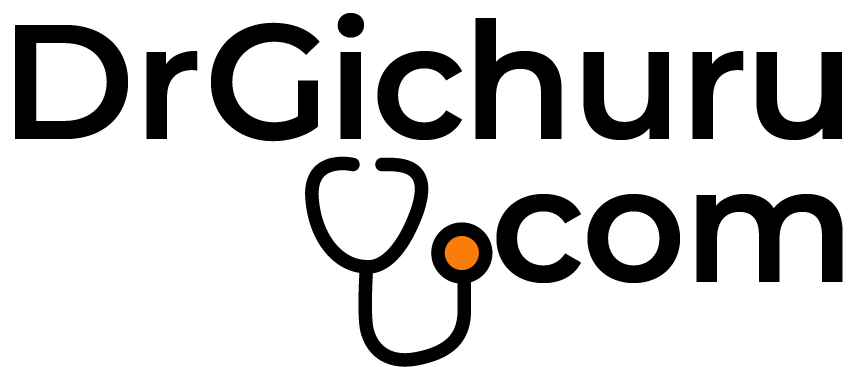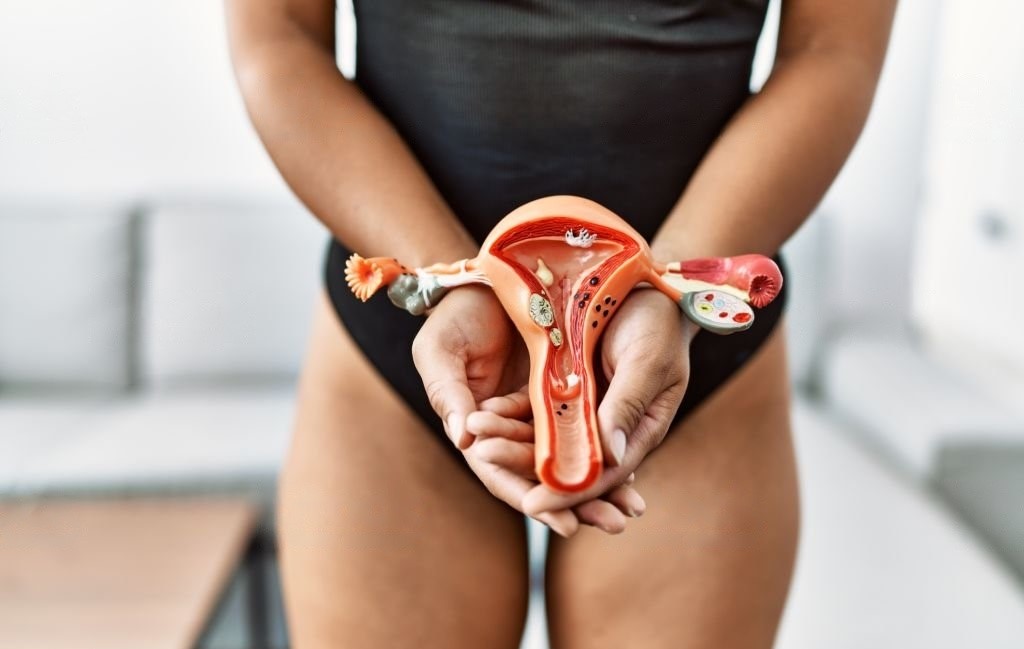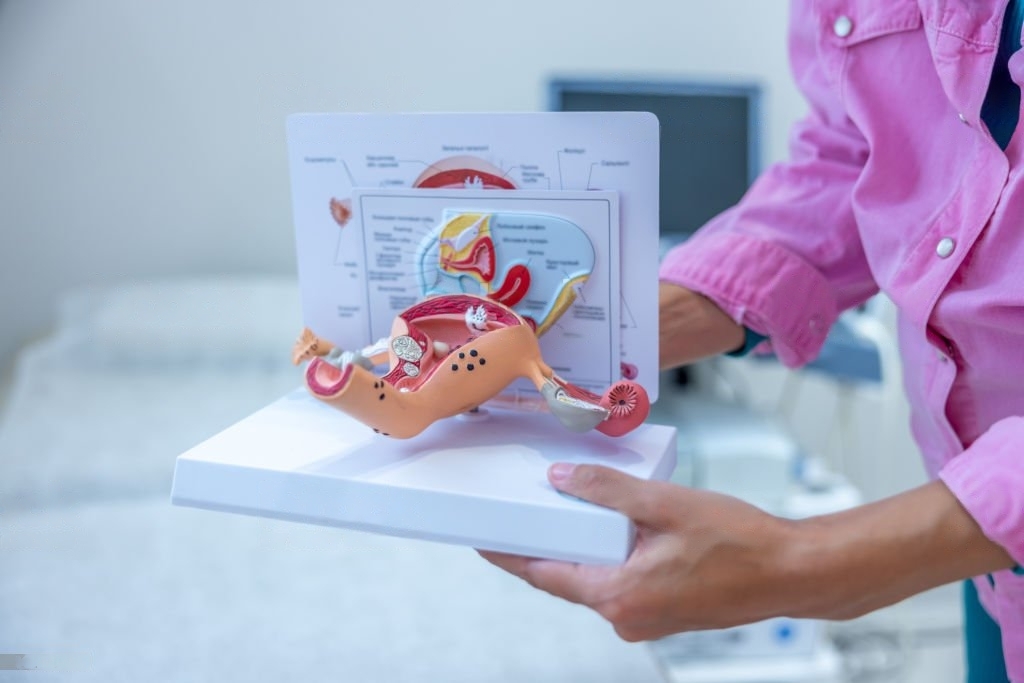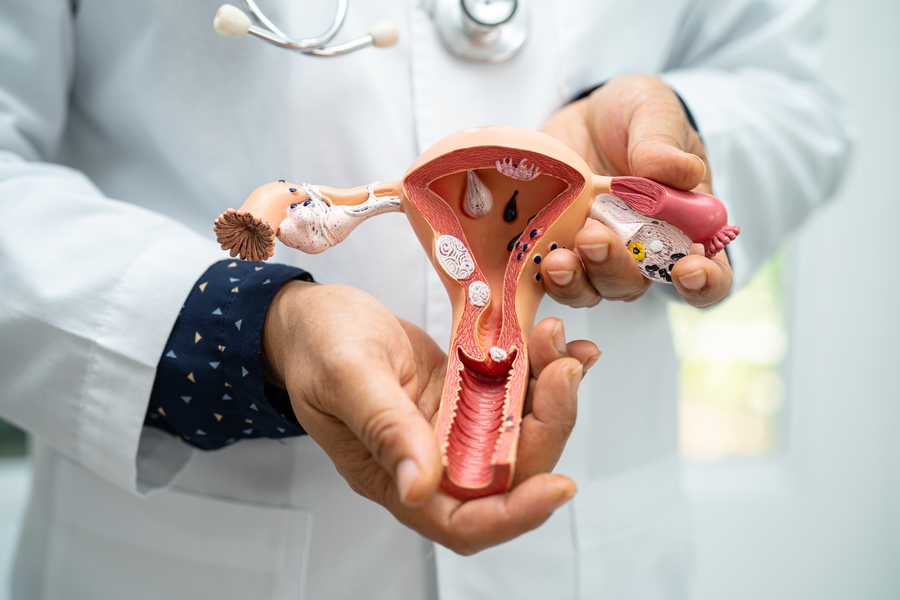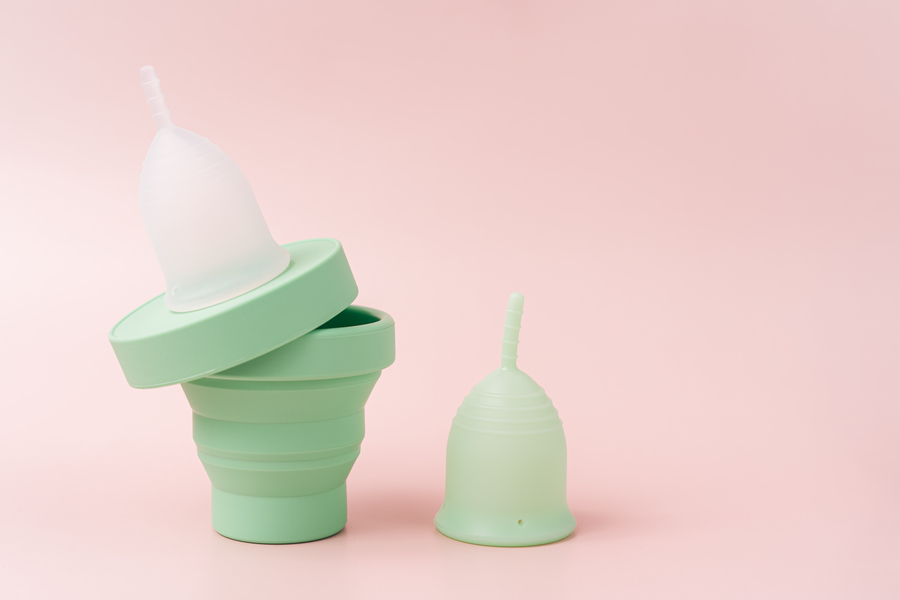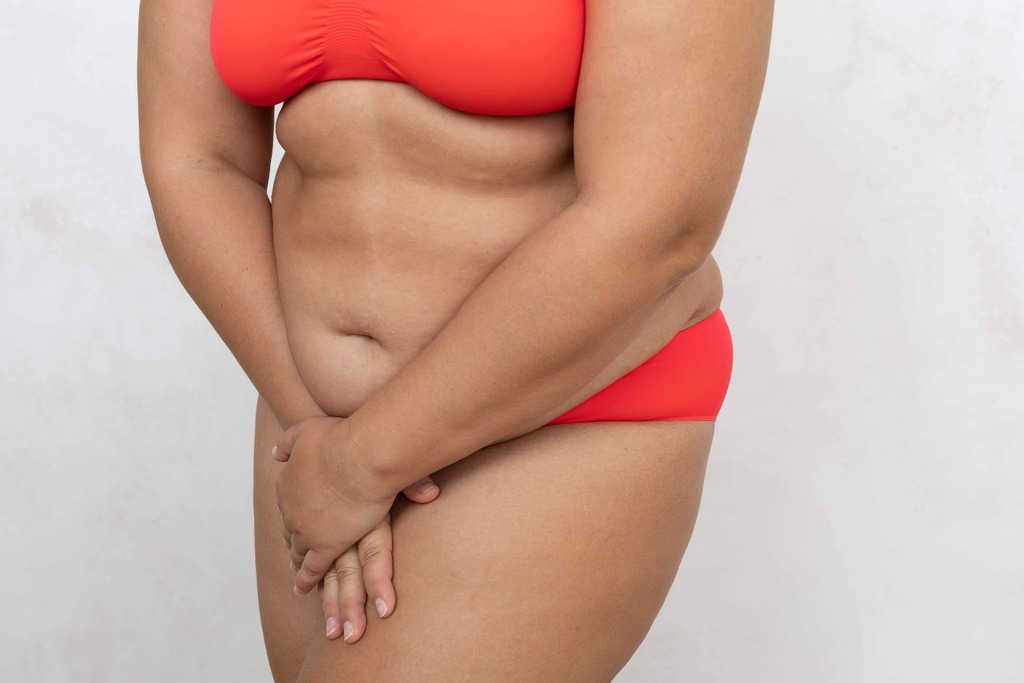Menopause
What can you do to manage hot flushes/night sweats?
- ^Adjusting the environment such as wearing loose fitting clothing, using light bed coverings, sleeping with a fan or the AC on.
- ^Diet- avoiding foods that trigger hot flashes eg wine, chocolate, caffeine. Research on soy products and treatment of VMS show mixed results.
- Weight Loss.
- ^Exercise.
- Quit smoking.
- ^Herbal supplements like black cohosh .
- Hormone therapy – estrogen, progesterone, testosterone.
- Bioidenticals.
- Acupuncture.
- Cognitive behavior therapy (CBT).
- Prescription medications like paroxetine, fezolinetant, gabapentin and venlafaxine.
^ - studies show mixed results on effectiveness of these interventions
Does menopause impact sexual intercourse?
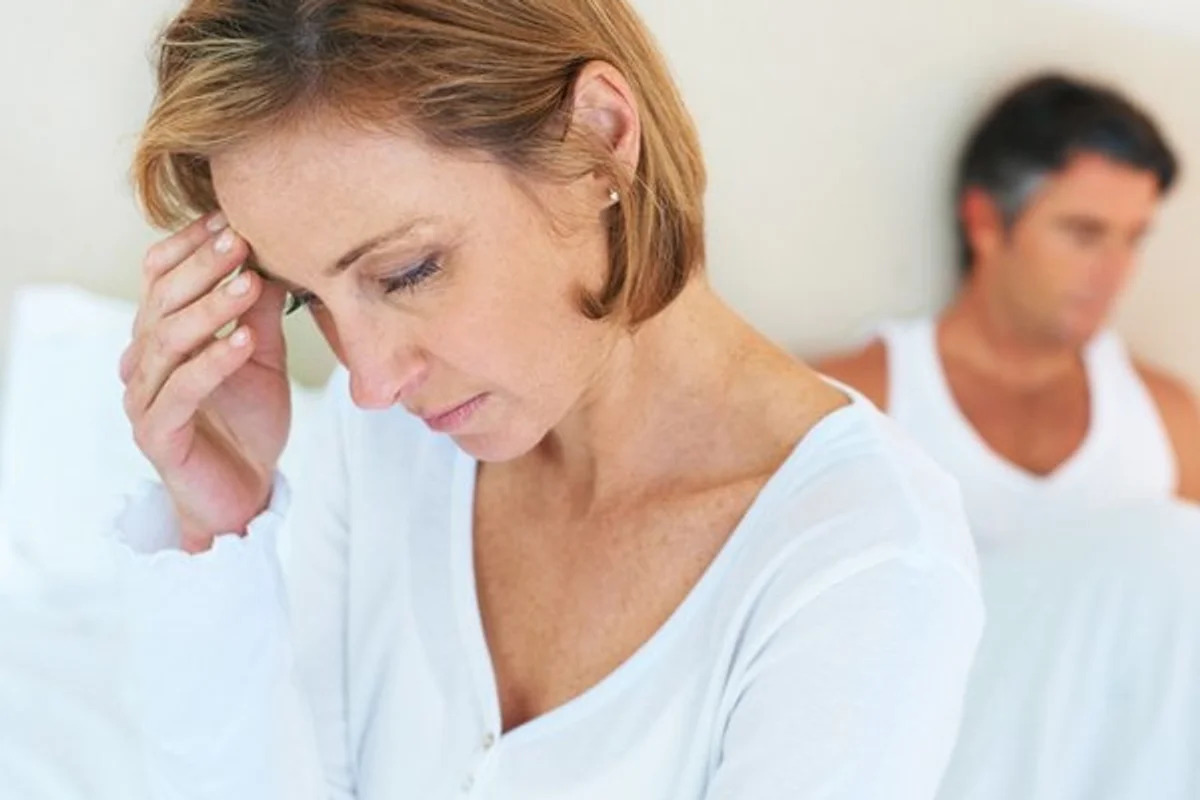
Yes.
-Pain with sex - The skin in the pubic area becomes thinner and drier and the pubic hair begins to thin. The opening to the vagina narrows and the vagina also has less natural discharge or lubrication. These factors contribute to painful sex, skin tears, increased chance of urinary issues etc.
- To address these issues, a woman may use vaginal moisturizers and/ or lubricants to help keep the vagina moisturized. Changing sexual positions may also help alleviate the pain during sex.
-Decreased desire for sex – Couples are encouraged to:
- Explore new avenues for intimacy.
- Increase and enhance foreplay and.
- Work to ensure a healthy relationship.
- A woman may also consider using hormonal therapy after discussion with and counseling by her healthcare clinician.
** Women with a history of hormone dependent cancers should speak with their gynecologist or women`s health clinician as well as their oncologist regarding the use of hormones for treatment of postmenopausal symptoms.
References:
- Management of Menopausal Symptoms, Practice Bulletin 141. January 2014. "https://www.acog.org/clinical/clinical-guidance/practice-bulletin/articles/2014/01/management-of-menopausal-symptoms
- .“The 2023 Nonhormone Therapy Position Statement of The North American Menopause Society” Advisory Panel. The 2023 nonhormone therapy position statement of The North American Menopause Society. Menopause. 2023 Jun 1;30(6):573-590. doi: 10.1097/GME.0000000000002200. PMID: 37252752.
- The Menopause Years. Patient Education. FAQs. ACOG. "https://www.acog.org/womens-health/faqs/the-menopause-years
- Vikram Talaulikar, Menopause transition: Physiology and symptoms, Best Practice & Research Clinical Obstetrics & Gynaecology. Volume 81, 2022. Pages 3-7.
- 2020 GSM position Statement."www.menopause.org
